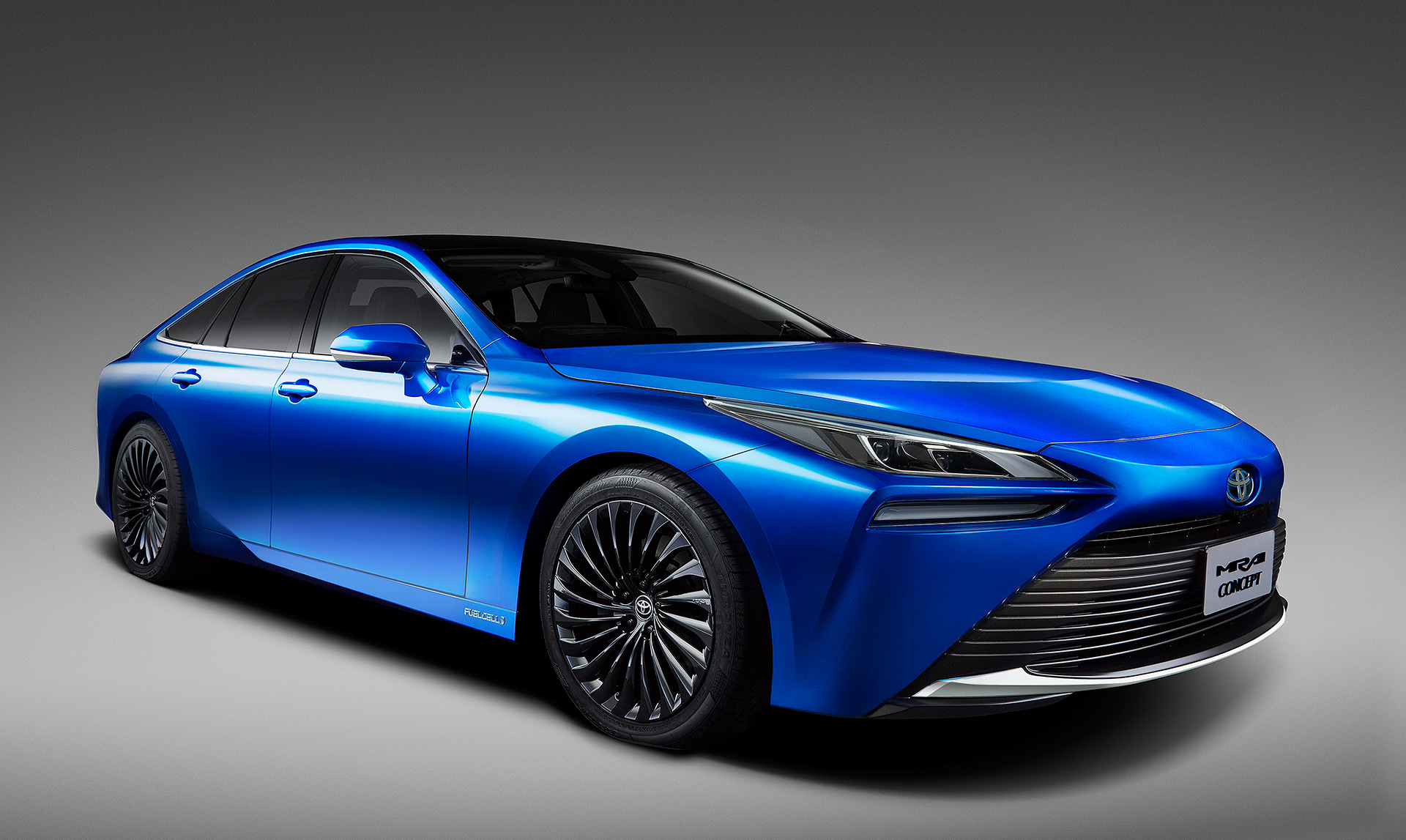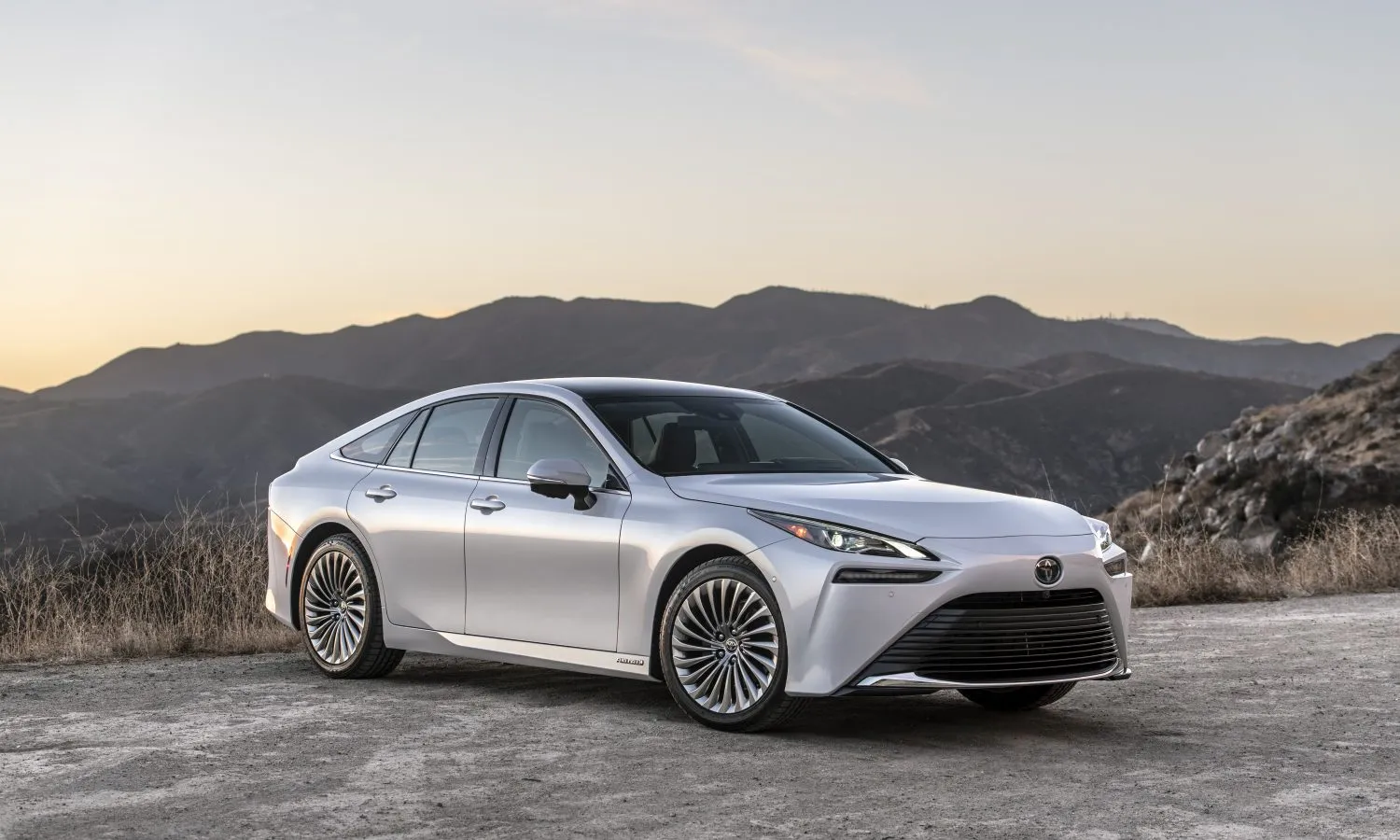If you’re in the market for a new car, Toyota is offering an enticing deal on the 2023 Mirai, a fuel-cell vehicle priced at $52,000. With a staggering $40,000 discount, coupled with complimentary hydrogen worth $15,000 over six years and the option for a 0% interest loan, Toyota effectively incentivizes buyers with a $3,000 reward to take ownership of the vehicle.
However, the allure of this offer is overshadowed by the challenge of sourcing hydrogen fuel. Toyota’s discount coincides with Shell’s recent announcement of closing hydrogen filling stations in California, where the majority of such stations are concentrated.
Despite California being the only state where fuel cell vehicles are viable, the dwindling number of operational filling stations poses a logistical hurdle for potential buyers.
Meanwhile, Honda has taken a different approach by transforming its popular CR-V into a plug-in hybrid fuel-cell vehicle. Despite offering a range of 270 miles, the CR-V’s complex design compromises practicality, with limited trunk space and restricted driving range comparable to mid-range electric crossovers.

While hydrogen holds promise as a carbon-free fuel source for various industries, its adoption in passenger cars and trucks remains limited.
The sporadic availability of hydrogen infrastructure impedes long-distance travel, while the high cost of fuel cells detracts from their appeal. Moreover, achieving carbon emissions reduction hinges on transitioning to green hydrogen production, a feat yet to be realized on a large scale.
Despite these challenges, automakers like Toyota and Honda continue to champion fuel-cell technology. Whether driven by strategic motives or a genuine belief in its potential, automakers remain committed to fuel cells.
However, the feasibility of widespread adoption hinges on overcoming technological barriers and building a robust hydrogen infrastructure.
While hydrogen may eventually emerge as a viable alternative, the timeline for its mainstream adoption remains uncertain. Until then, the focus remains on advancing battery technology to meet the growing demand for zero-emission vehicles.
Also read: Toyota Camry Recall: Seatbelt Issue Addressed for 2023-2024 Models

